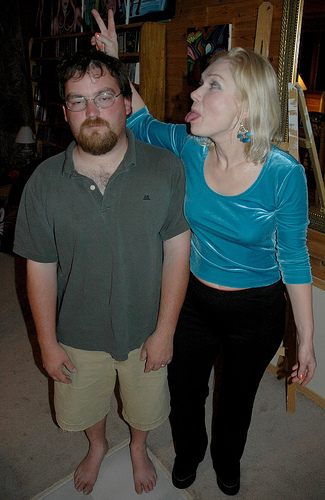Never interrupt someone doing what you said couldn’t be done. – Amelia Earhart

The world wasn’t always round, according to the ancient experts. But someone didn’t listen, and sailed anyway. He didn’t let them interrupt what he was doing.
What does that mean?
I like this quote, because it reminds us that we do not know everything. I have seen this before, and it can be fun to watch, probably a little less fun for the participants.
We often are quite certain that something cannot be done because we have done the math. We have checked with the experts. We know the science behind the phenomenon, and it simply will not work.
Ask Christopher Columbus or the Wright Brothers. You couldn’t sail that far without falling off, said the experts. Heavier than air flight simply disobeyed the laws of physics, said the experts. These things simply couldn’t happen.
Yet, despite the experts, or in spite of them, these deeds were done. Experts were proven wrong again and again. Yes, sometimes they were right, but sometimes they were wrong. And that is what this quote is about. Being quiet when someone is doing what can’t be done.
Why is listening to your convictions important? Continue reading














